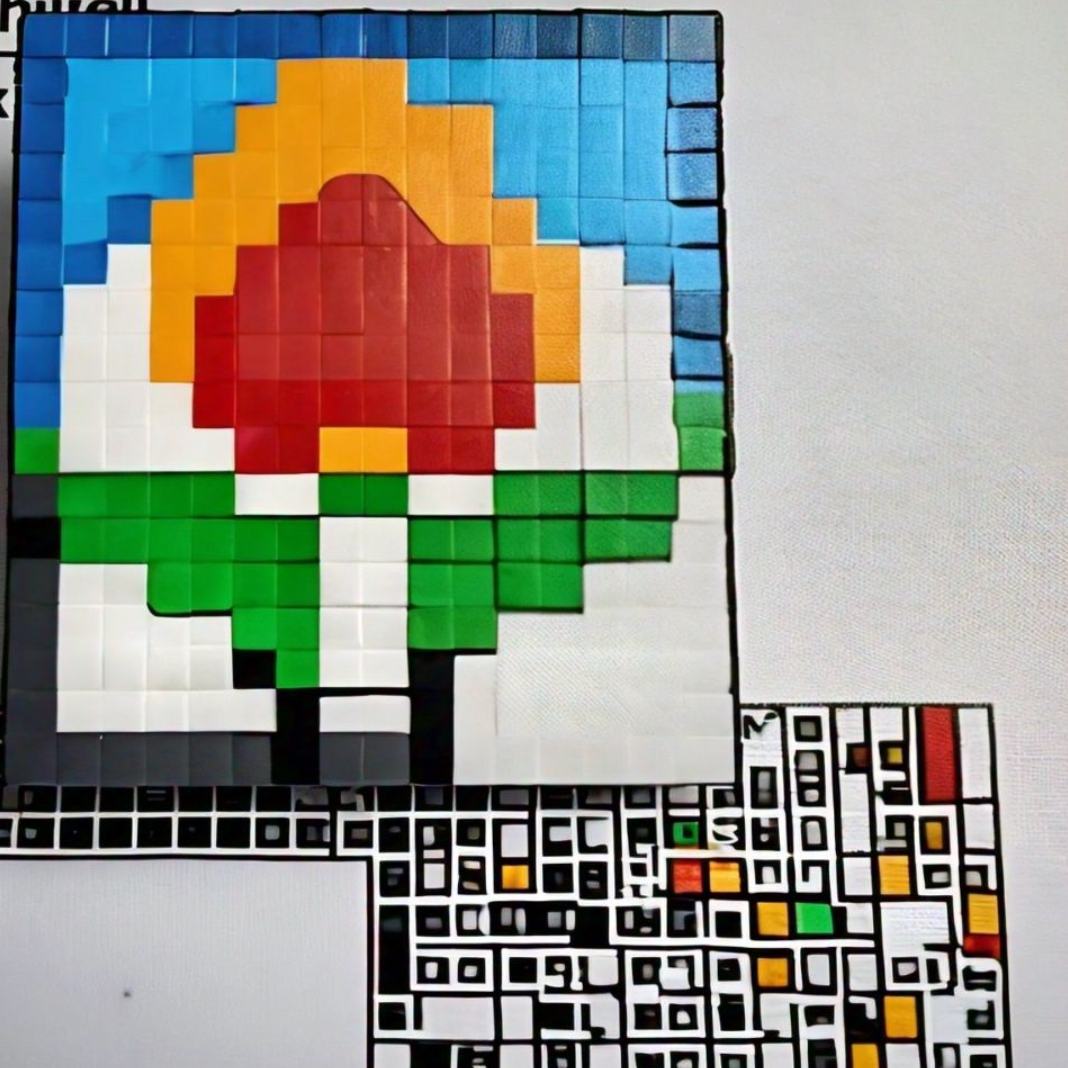117 reads
Ablative Study on Domain Adapter, Motion Module Design, and MotionLoRA Efficiency
by
November 19th, 2024
Audio Presented by

Transferring the essence of optimal performance, and saving the model from the abyss of underfitting.
Story's Credibility

About Author
Transferring the essence of optimal performance, and saving the model from the abyss of underfitting.
